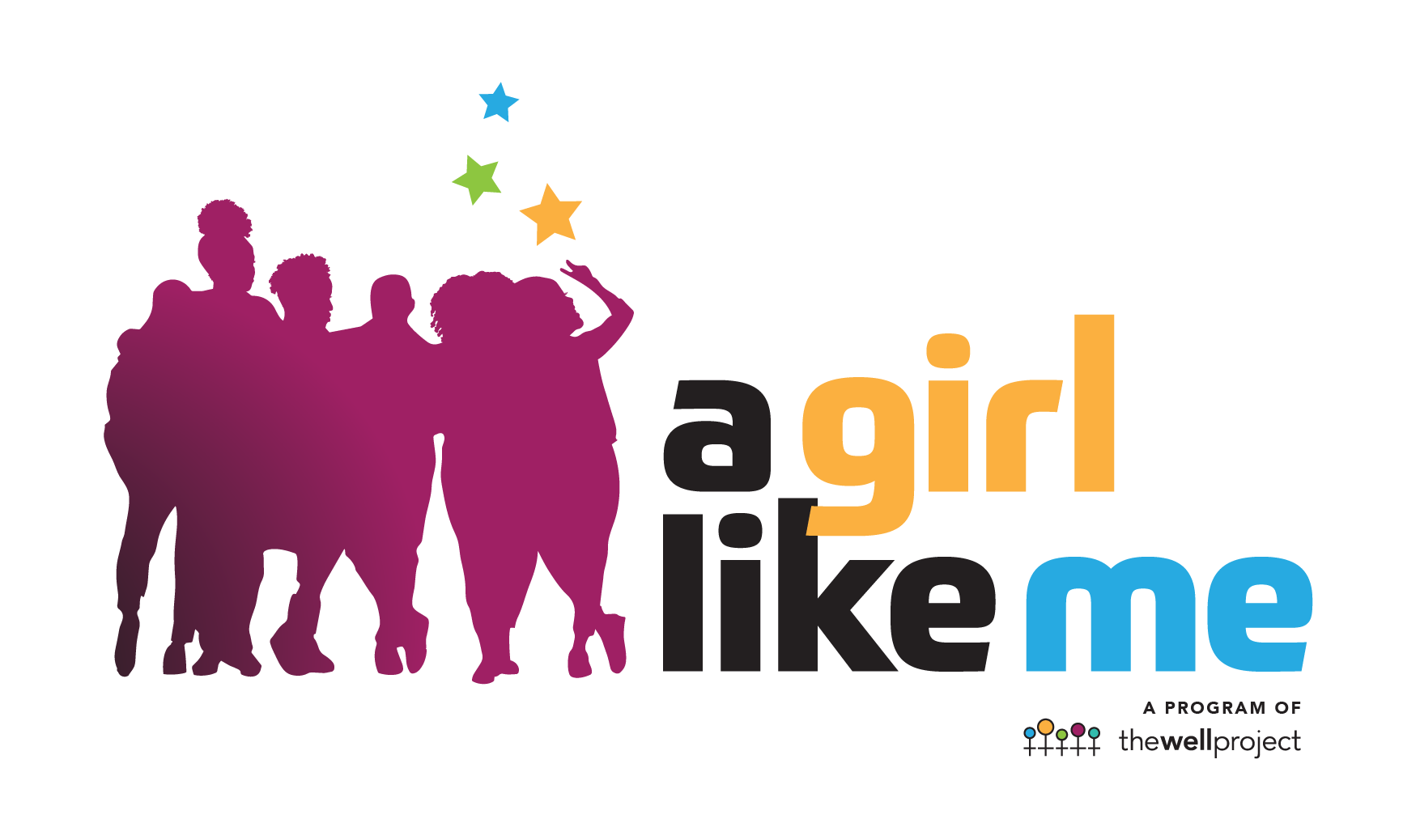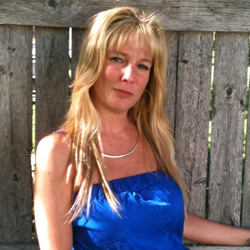"Measured by the prisoner's experience, however, it might reckoned a journey of some length; for, haughty as her demeanor was, she perchance underwent an agony from every footstep of those that thronged to see her, as if her heart had been flung in the street for them all to spurn and trample upon."
Such were the words of Nathaniel Hawthorne in reference to Hester, the main character of the Scarlet Letter, a woman publicly marked and shamed by her society for perceived transgressions against a moral code. Similarly, over 150 years after its publication, multitudes of us face the same public stigma and degradation due to the diagnosis of HIV: three letters much heavier than the sole 'A' Hester had to wear upon herself.
Most of the shame comes from ourselves, in relation to how we contracted this indiscriminate virus. Shame from the decision of unprotected sex, shame from the choice of partner or lover, shame from the circumstances leading up to the moment of infection, and shame from a simple clinical diagnosis. Medical conditions don't tend to come with such personalized stigma: even those dealing with diseases caused by illicit drug use, alcohol abuse, and smoking do not come with the amount of prejudice which arises with a positive test result. Sexually contracted infections and viruses, however, are perceived differently. For centuries, brought upon by the ideals of the conservative movement and Puritan values, sex has been coupled with shame.
The shame starts within and then is carried out, influencing our perception of our social circles, family, friends, and public lives.
You see, shame is an internal process. When we are ashamed of ourselves, we hide certain aspects of our total self, and therefore allow others to apply the same principles to us. When you hide your HIV diagnosis, when found out, guilt and deception spring forth, influencing those whom we hid it from. A potential lover or partner can feel sideswiped by the exclusion of our diagnosis at the start of a relationship.
We must look at things differently, in how we can enact change with ourselves. Picture a world where we do not victim-blame ourselves, and therefore disclose casually at the start of dating. The conversation can lead to education on HIV and dispelling rumors and stigma attached to it. You may find a person, among a slew of others, who is not concerned with the dangers attached to HIV because they are educated on the subject and can pursue relationships with protected sex, PrEP, and managed antiretroviral care. You might find out the person is not the right one: close-minded and impersonal, branding you with scarlet letters before knowing you throughout. In all of these situations, we come out on top, filtering potential people to bring the right ones into our lives.
Even I felt, and still deal with, shame from the moment of my infection. Although I was a victim, manipulated and accosted into a circumstance which left me forever changed, I placed most blame upon myself. I have spent the last few years dealing with my shame on myself, and releasing most blame in order to move on in my world: mentally, emotionally, psychologically. It is up to us to free ourselves, for we control how much shame we deal with in our lives. Start with yourself, release your shackles from the scarlet letters, and see life anew with others who share the same sentiments of human fallacy and love. By doing so, we can then all come together to influence the public opinion and burst the taboo of HIV.





















